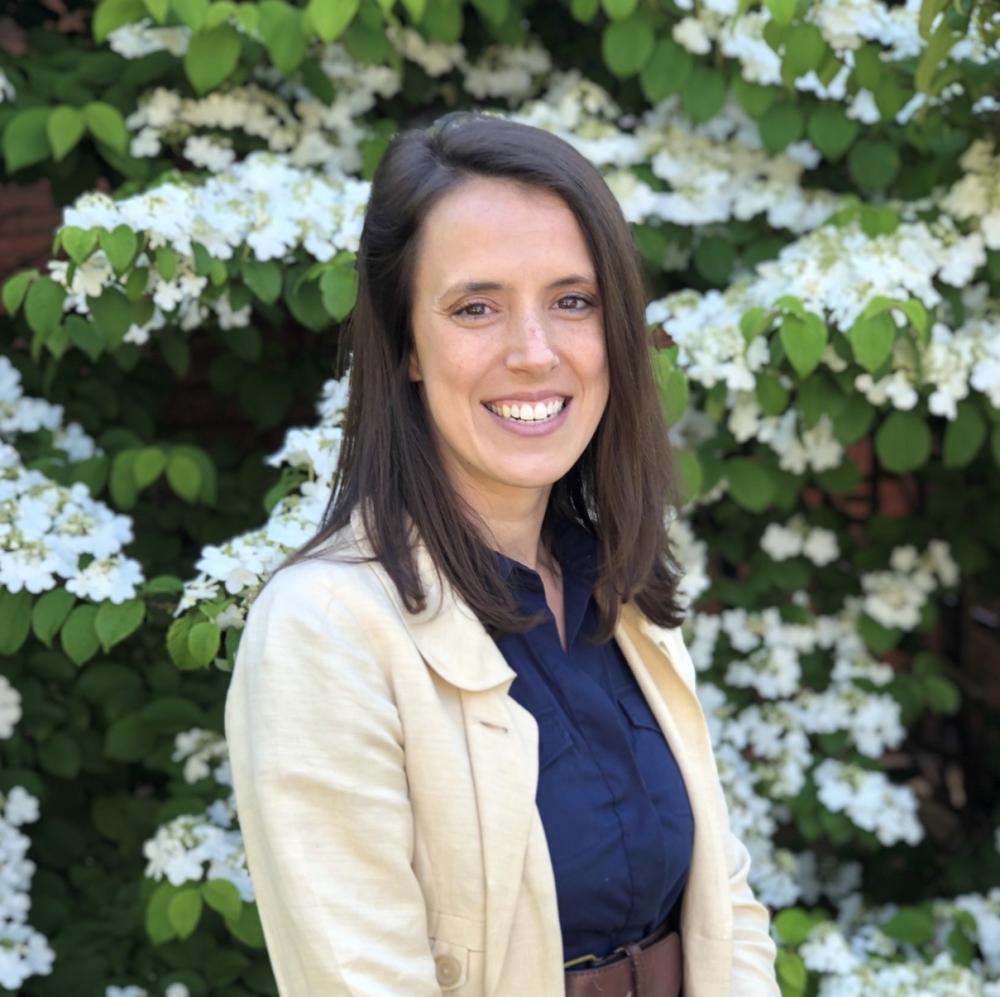
Negotiators worked around the clock this week to reach procedural agreements and content alignment for a new Global Plastics Treaty. While world leaders hammered out the details at the second session of the U.N. Intergovernmental Negotiating Committee (INC-2) to end plastic pollution, key observers, advocacy groups, businesses, and other stakeholders also gathered to push their governments to address the plastics waste crisis.
The World Wildlife Fund (WWF), for example, was a key player at INC-2 — hosting conversations between government ministers, senior business executives, scientific associations and youth organizations on the future of the plastics treaty. Erin Simon, WWF’s VP for plastic waste and business, is on the ground in Paris working to advise and coordinate various stakeholder groups involved in INC-2.
“Humanity started out thinking that plastic could solve for so many problems, so we went ahead and proliferated its uses without addressing what would happen when we were done with it. We are now depending on plastic excessively, and we are unable to manage it," Simon said. “The world has come to see that the plastic crisis is an issue we cannot address on our own and we have to come together to tackle it. That’s where the global treaty comes in. It is a mechanism that represents global alignment and our shared path forward. No global crises have been tackled at scale without a global agreement.”
The Global Plastics Treaty is operating in uncharted territory. While global treaties like this typically take 10 years or more to come into force, U.N. member states have agreed to implement the Global Plastics Treaty in just three years. The Paris negotiations that wrap today are the second of five meetings, all scheduled to be held before the end of 2024.
The goal of INC-2 was to finalize procedural matters and find areas of high-level alignment in setting global rules and measures to address what advocates like WWF refer to as "high-risk plastics." These are defined as plastics that are highly likely to end up as pollution and have greater impacts when they enter the environment. Examples range from plastic cutlery to plastic-based wet wipes and microplastics in personal care products.
As talks wrap in Paris and continue on, Simon called for negotiators to step back and look at the full lifecycle of plastics, especially the ways it interconnects with other global crises like climate change and biodiversity loss.
“If we focus only on plastic waste instead of the entire lifecycle of plastics, we miss out on the opportunity to further our progress in the climate and nature space," she said. "They feel like separate spaces, but they are not. It is all interconnected."
For example, more than 99 percent of plastics are made from fossil fuels, she said, referencing research from the Center for International Environmental Law. "From the moment of extraction, they are emitting greenhouse gases and threatening the health of communities around the world," Simon said. "We need to think more broadly about how these crises intersect."
If demand for plastic continues as it has, emissions associated with plastic production could account for 15 percent of global emissions by 2050, according to 2019 research published in the peer-reviewed journal Nature Climate Change. "That could mean plastic production threatens our ability to stay within 1.5 degrees of warming," Simon said.
Stakeholders at every stage of the plastics lifecycle — from national governments to small towns, from businesses to consumers and advocates — are a key piece of the system, she argued. And all stakeholders must be heard and involved with treaty drafting and implementation.
Some businesses have expressed opposition to the Global Plastics Treaty. However, over 100 large companies — including Henkel, Mars, 3M, Target, Unilever and Walmart — have joined a coalition in support.
“These are companies being held responsible for this crisis, but they are unable to get the policy they need to succeed," Simon said. "They answer to many different regulatory frameworks that are completely disaggregated, so it is imperative to them that we have a good treaty."
Against this backdrop, these leading companies' "ambitions match high-ambition governments," she argued — referencing the High Ambition Coalition of over 50 governments pushing for more stringent bans and regulations on plastics, led by Norway and Rwanda and including the European Union.
"In order to successfully move toward a circular economy, the companies have asked for standards and policies, and they want to invest in solutions," Simon said. "Some companies have asked to pay into extended producer responsibility. They have changed the game for negotiations. They are showcasing to the member states that they are willing partners at the highest level of ambitions.”
The third round of negotiations, INC-3, is scheduled for November 2023 in Nairobi, Kenya.
Image credit: Naja Bertolt Jensen/Unsplash

Mary Riddle is the director of sustainability consulting services for Obata. As a former farmer and farm educator, she is passionate about regenerative agriculture and sustainable food systems. She is currently based in Florence, Italy.














